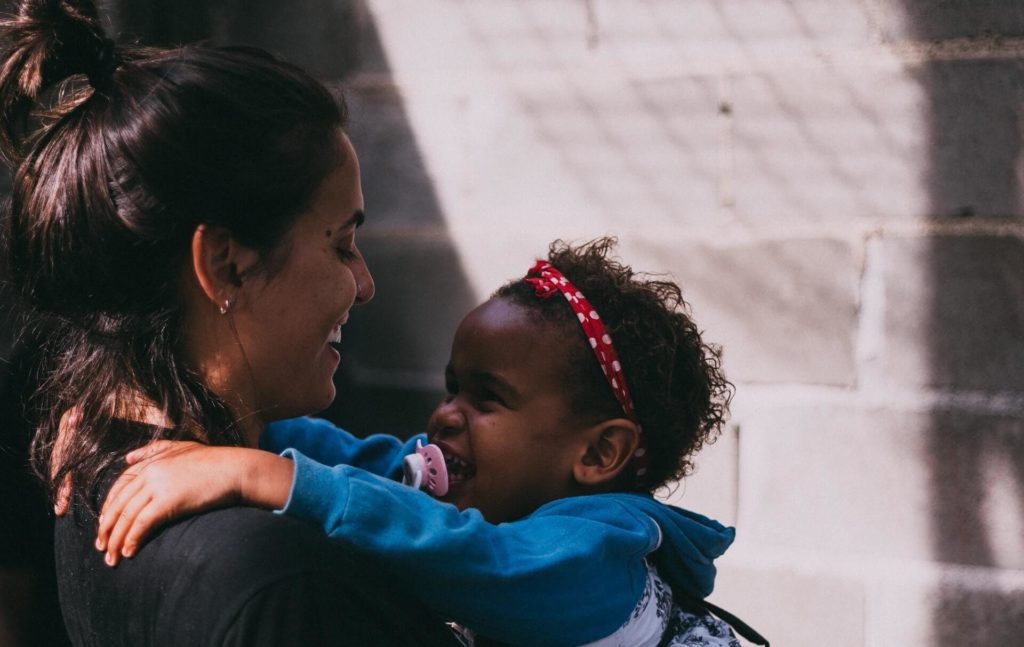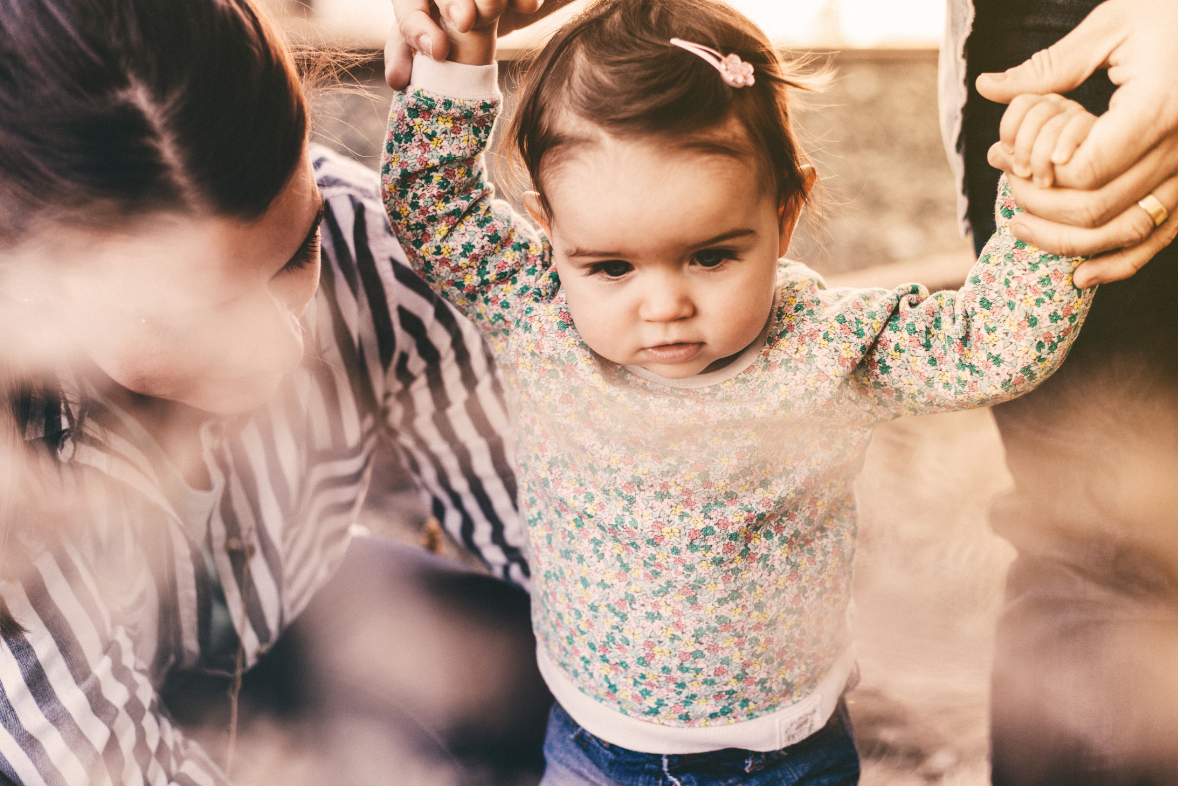What is fostering and foster care?
Curious about foster care?
Maybe you know of a friend, relative or acquaintance who is a foster carer and this has sparked your curiosity to learn more. A common thread that binds foster carers is their passion to make a difference in a child’s life. Providing unconditional love and a safe and nurturing home environment can have a significant impact on a child in need. Foster caring may also be one of the most rewarding things you could ever do.
Activities that some of us take for granted, such as celebrating school or sporting achievements and birthdays, can really matter to children in care, especially if they haven’t experienced recognition and encouragement in a long time. All of this goes a long way in supporting children in care, so they feel comfortable in themselves and thrive.
This article explores the role of foster and kinship carers and the types of caring that may be suitable to you and your lifestyle.
What is a foster parent?
Foster care is a way of providing a family life for young people and children who can’t live at home with their birth parents because they have experienced a form of abuse or neglect, or they may be at risk of experiencing some form of harm.

In Queensland there are currently more than 9,000 children living with foster or kinship carers, and more carers are urgently needed in many communities.
When children come into care, they need a safe and stable home environment so they can be themselves and thrive. It’s a commonly held belief that foster children might have complex needs and challenging behaviour. Although this can be true, You Be You is focused on supporting every foster carer and foster child to build a trusting, supportive and caring relationship.
Through community initiatives, personalised support and regular check-ins, You Be You can help your foster child adjust to foster care and flourish in their new environment.
The main goal is to reunite children with their biological parents and/or extended families as soon as it is practical to do so. Carers are involved in helping to achieve this goal, by committing to maintaining a relationship between the child/ren and their biological families.
What’s the difference between foster care and kinship care?
All foster parents in Queensland are approved by the Department of Child Safety. Carers welcome children in care into their homes, where they may stay for a short break (respite) care or for longer term placements. A foster child or young person is not related biologically to the foster carer.
Kinship carers are also approved by the Department of Child Safety to provide care for children and young people who may be biologically related, a close family friend, or a member of a young person’s community.
Who are these children in care?
Children who come into foster or kinship care may have experienced abuse or neglect, or they may be at risk of harm.
Foster children are as unique as you and come in all shapes and sizes.

They may come by themselves or with siblings, have different cultural or religious backgrounds, or have special needs.
Whatever the case, foster children may be in care up until the age of 18 years.
Although children in care come from anywhere in Queensland, they are generally placed in their own community if this is possible. When children are placed in their own communities they feel more at ease in an environment they are familiar with. Children also cope and deal more effectively with life’s challenges when there is consistency with accommodation in safe and stable homes.
What types of foster care can I consider?
There are many foster care options available. You may choose to be a part-time or a full-time carer depending on your lifestyle and family arrangements. We can work with you to determine what would work best for you. As well as the foster child’s specific needs, it’s also important for new carers to consider the needs of their own families in the decision making process. As part of the foster care program, you may also be eligible for financial support. For more information on what financial support we pay foster carers, click here.
Types of out-of-home care for children include:
Emergency care is a form of care that may happen at short notice, where children or young people urgently need a place to stay. They may arrive with only the clothes they are wearing if they are removed from their home suddenly. Emergency carers often have the skills to deal with abuse and trauma situations. Or children may only stay temporarily while they wait for a new foster family.
Respite carers support long term carers by giving them a break. They may have the children for a weekend or for a few weeks.
Short-term carers look after children for anything from a few weeks up to two years, while other long term plans are being finalised.
Long-term placements are for children who, for extended periods, are unable to return to live with their families. Long-term foster carers offer a secure and nurturing environment where children can thrive and feel at ease in their new home. These placements can extend until the age of 21, marking the transition into adulthood. Nevertheless, recognising the significance of familial ties, children may be reintegrated with their family members at any point in their lives, provided such a move is deemed safe and appropriate through careful assessment.
For more information on foster care including inspiring foster carer stories, download our Foster Care Information Kit.
You Be You by Anglicare Southern Queensland is a dedicated foster care agency that has been helping people just like you to make a real difference to the lives of kids in foster care for more than 30 years.

